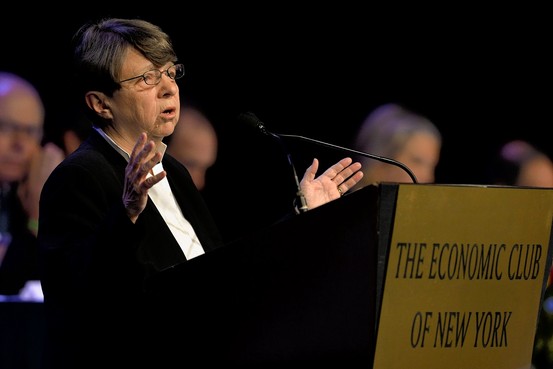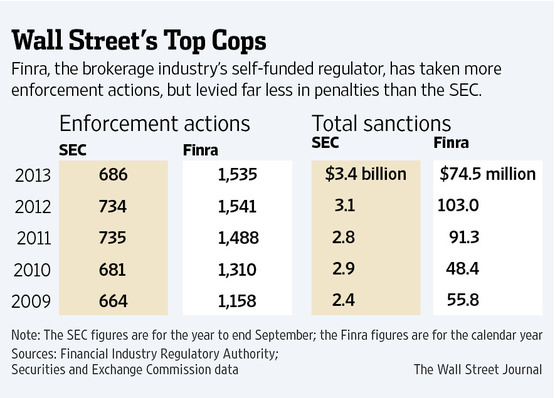As reported by Bradley Hope in today’s WSJ, upstart equities trading venue IEX, the “dark-pool buster” profiled in the Michael Lewis book “Flash Boys,” announced today a new market structure scheme that would provide commission-free execution for orders submitted by brokerdealers.
According to the proposal, which is “expected to be submitted imminently” to the U.S. Securities and Exchange Commission in connection with IEX’s plan to move from its current status as an ECN (electronic communications network) and towards becoming a full-blown stock exchange, broker-dealer orders would receive priority in the IEX order book, meaning those orders would jump to the top of the order book if the price to buy or sell a stock was at least equal to the prevailing orders entered by non broker-dealers aka buy-side investors that include high-frequency trading firms, mutual fund firms and retail investors. In addition to brokerdealer orders being provided priority over other same-priced orders sent to the platform by non BD’s, broker-dealers would be able to execute commission-free.
In a move that is purposefully intended to disrupt the current market structure status quo and challenge the viability of loosely-regulated and so-called “dark pools,” in which pricing transparency is purposefully hidden so as to mitigate gaming of orders submitted by large institutions, IEX is embracing an approach that has become widely-embraced in Canada’s equity marketplace, whose primary equities trading is administered by TMX Group, that country’s largest stock-exchange provider. Noted TMX Group CEO Thomas Kloet, “The virtue of having more bids and asks consolidated in a few order books, rather than scattered across dozens of venues [such as what takes place in US markets) makes markets more transparent and provides for greater price efficiency.”
The IEX proposal comes close on the heels of recent events in which dark-pool operators have been accused by regulators and law enforcement agencies of various charges, including accusations filed against Barclays PLC by New York State Attorney General which alleges Barclay’s misleads its clients about the way its dark pool favors high-tech “high frequency traders.” Barclay’s system “Barclays LX” was the industry’s largest dark pool used by a broad universe of investors and competing banks, until those charges were filed last month. Since that time, Barclay’s has supposedly experienced a large exodus of clients using their platform, presumably because of concerns they too will be on the receiving end of New York AG subpoenas.

